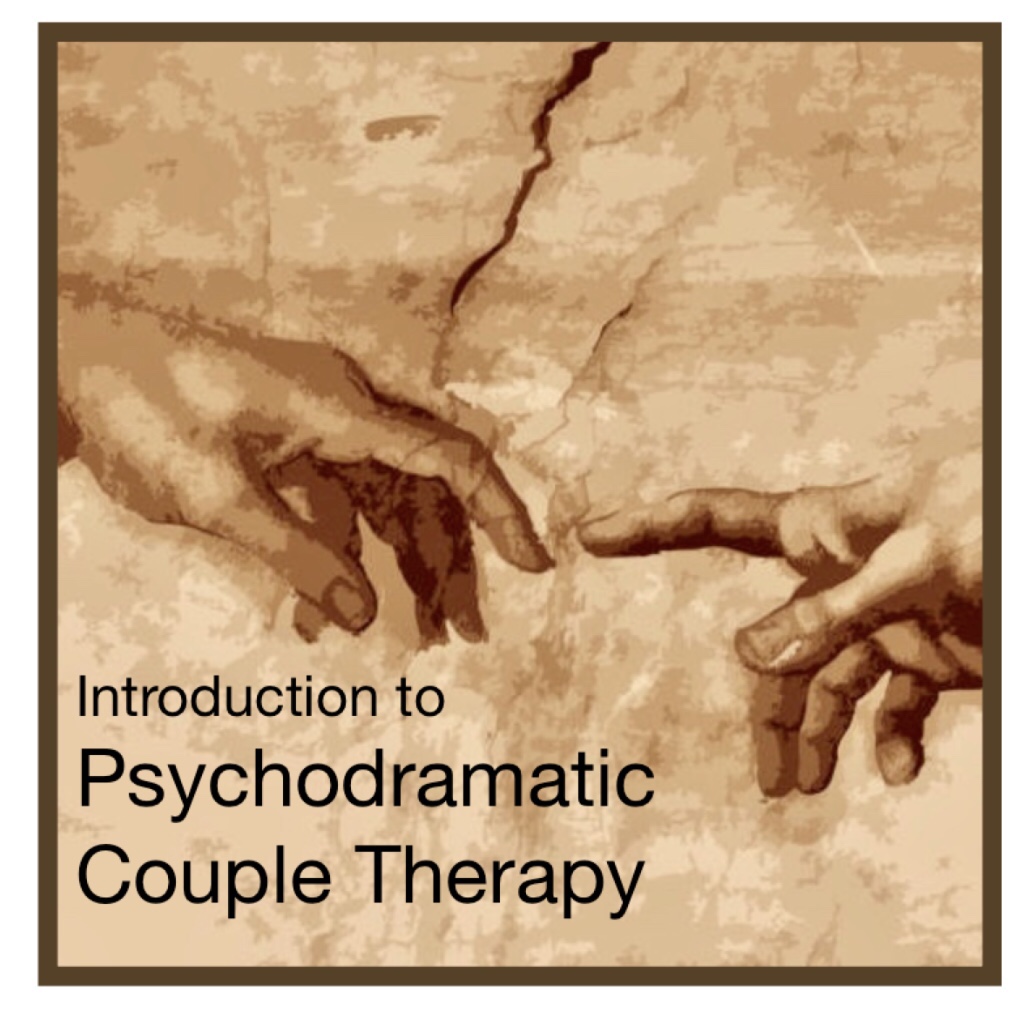HOPE? No, but expect and pressure yes. Not much point in waiting for a new party in govt. with all due respect.

Walter Logeman: Journal
HOPE? No, but expect and pressure yes. Not much point in waiting for a new party in govt. with all due respect.
Since my project ThousandSketches I have continued to sketch. Digital painting – but I like the term sketch. Many of these are on my art website. That site is still there but I’ve deprecated it and tried to integrate it into this blog. It’s a bit of a mess. Still, this blog becomes an art blog when you click the Art Category. Digital Sketches delivers just my own work.
I’m warming up to posting more. I’ve beed reflecting on the delicacy of nature, and the crudeness of humanity’s sometimes beautiful desire to transcend itself. This began with the earth crosses… natural textures of landscape cut by something I think of as human presence, fast and bold.
That’s 12 years ago. “Green Peace”
Here is a recent one – not in the earth cross series but maybe in a new one.
Maybe it is called “Science”, or “Civilisation”. Playing on the theme of putting borders or frames around art.
Do I put these in the container? or are they better left wild?
Itchy pen.
I will be conducting a personal development weekend beginning the evening of Friday 26 to Sunday 28 April 2019
This is a great opportunity to take a new step in your personal development. This will be a time to attend fully and deeply to what is important to you. If you come as a couple, attend to your relationship in a supportive group. The workshop will help you focus, break through blocks, incubate new plans, make promises to yourself.
I have been conducting these weekend workshops regularly for the past few years and I’m looking forward to this one, I expect it will be a special, productive experience. See below for more details and a link to the flyer. I hope to see you aboard!
That was the email I just sent out, I like the subject line! It is not quite a USP — I don’t have that yet. Maybe there is a need for a USP and then these occasional evocative lines. What would a copy writer say?
Here is the link to the flyer.
In 2017 Bona Anna & I presented a power point at the AANZPA Conference in Auckland.
It is a reflection on the purpose and phases of psychodrama and emphasises the value of naming and concretising the learning from a drama to ensure it goes beyond the therapy room in an adequate way.
Here is a link to the slides. (PPTX)

Enrol for one day workshop in Christchurch Saturday 16 March
I’m listening to Shane Birkel interview Laura Heck.
017: Using Gottman Interventions to Enhance Intimacy with Laura Heck
[You can listen to all Shane’s podcasts on your phone if you have a podcast app. Search forThe Couple Therapists Couch. I use Pocket Casts.]
I wanted to jot down some bullet points so thought – blog, why not.
Continue reading “Shane Birkel interviews Laura Heck – Gottman approach”
I found this video by Elliott Connie useful! Elliott is a Solution Focussed Couple therapist.
Bud, a psychodrama colleague recommended the video, on Shane Birkel’s Facebook page.
Here a a bit of Bud’s summary:
… the vital importance of the difference between a goal for therapy and a desired outcome. He discuses it in the context of working with a couple who appeared to have mutually opposing or exclusive goals.
What a simple idea, and perhaps something we already know in an illusive way. Elliott’s teaching and examples in the video are just excellent.
$1,000,000 = Goal
Peace of mind = Outcome
*
Gets me thinking… he is showing us an example of assisting people to deeper into their being and sharing more. I like the SF questions.
I wonder if couples themselves using the universal space opening question: “Is there more?” would go from the goal to the outcome?
That way couple can do their own deep listening, with one question: Is there more?
This can be done – partner to partner. If they succeed they may get more confidence and hope for their relationship.
If they don’t… it is good for the therapist to have SFT at the ready.
*
Do watch & listen to the video!
Rūaumoko – Wikipedia
— Read on en.wikipedia.org/wiki/Rūaumoko
In Māori mythology, Rūaumoko (also known as Rūamoko) is the god of earthquakes, volcanoes and seasons.[1][2] He is the youngest son of Ranginui (the Sky father) and Papatūānuku (the Earth mother) (commonly called Rangi and Papa).[2]